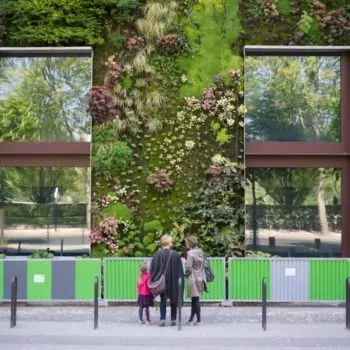The EU’s Energy Performance of Buildings Directive (EPBD) recast is a once-in-a-generation opportunity. Any ambitious choice made now on EU’s buildings will have positive and long-lasting environmental and socio-economic impacts. In a joint letter, E3G and four NGOs are asking EU’s energy ministers to support a successful revision that recognises the importance of the Directive beyond buildings for driving down lifecycle energy use and emissions for the environment, people and the economy.
Buildings are responsible for 40% of the EU’s greenhouse gas emissions. The revised EPBD needs to represent a long-term structural response to the ongoing energy crisis by enabling future energy security and allowing the EU to achieve its climate neutrality by 2050 target.
In the current challenging situation, Member States must put forward strong short-term relief measures to protect all consumers, especially the most vulnerable ones. From a medium to long-term perspective, the potential of the EU’s EPBD must be grasped, as deep energy renovations will reduce the energy needs of buildings at the source of demand.
Doing so will also lift millions of European families out of energy poverty and protect them for many winters to come. To achieve this, Member States need a clear trajectory and a strong regulatory framework that supports and accompanies long-term and structural actions for EU’s buildings.
In view of the EU Energy Council meeting of 25 October, where energy ministers will decide upon the EU’s EPBD general approach, the signatories of this statement agree that the five key performance indicators listed below are crucial for the EPBD recast to be a true energy and climate success:
- The EPBD provides an ambitious framework to reduce buildings’ related energy use.
- A Whole Life Carbon (WLC) regulatory roadmap is established for reducing energy consumption and emissions associated with all stages of buildings’ lifespan.
- A comprehensive Paris-aligned framework to support energy renovation of buildings is established and driven by Minimum Energy Performance Standards (MEPS).
- A strong mandate for ambitious, targeted requirements for energy and climate hotspots.
- Financing is made available and easily accessible.
Read the full joint letter of ECOS, E3G, CAN Europe, EEB, and Friends of the Earth Europe.



